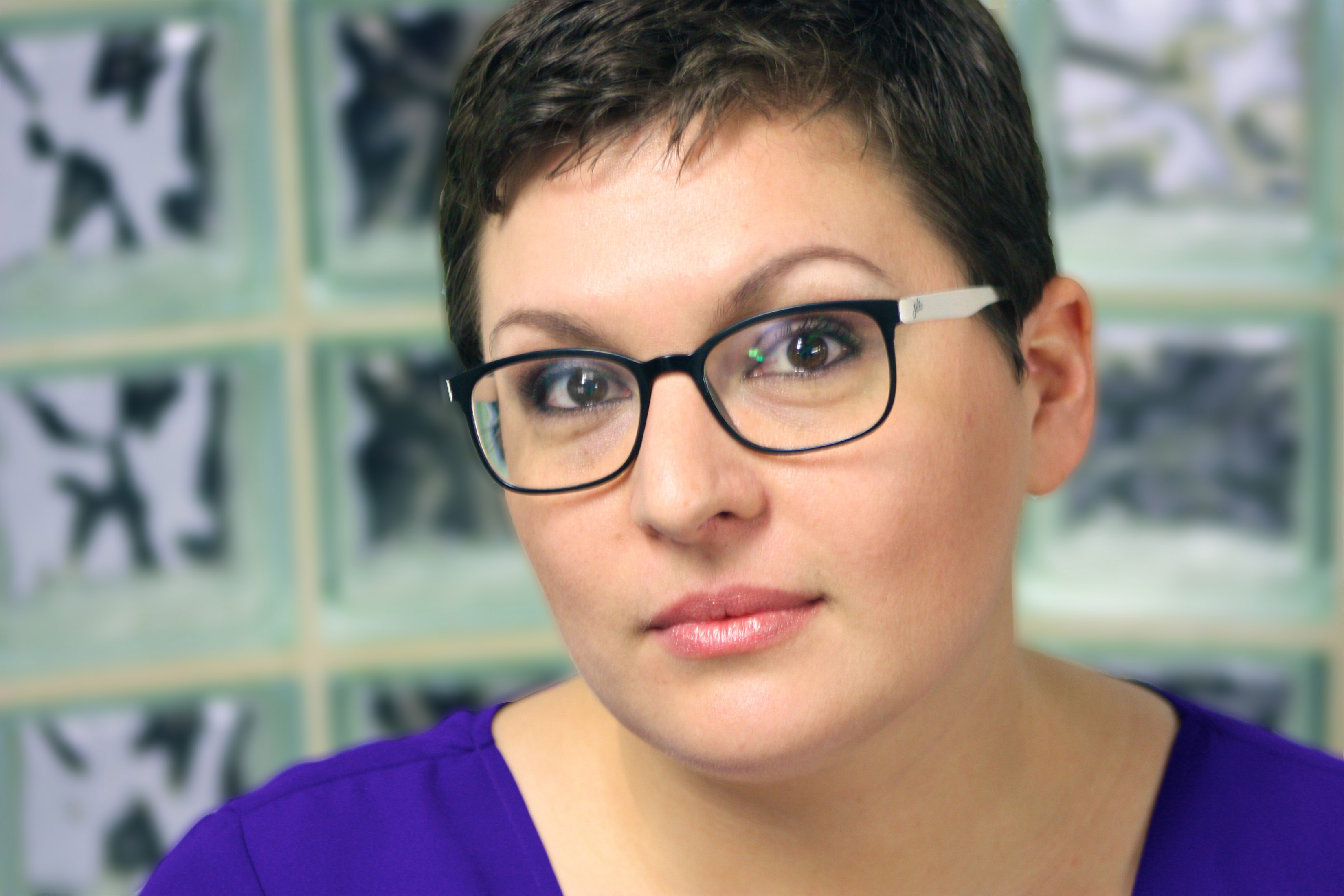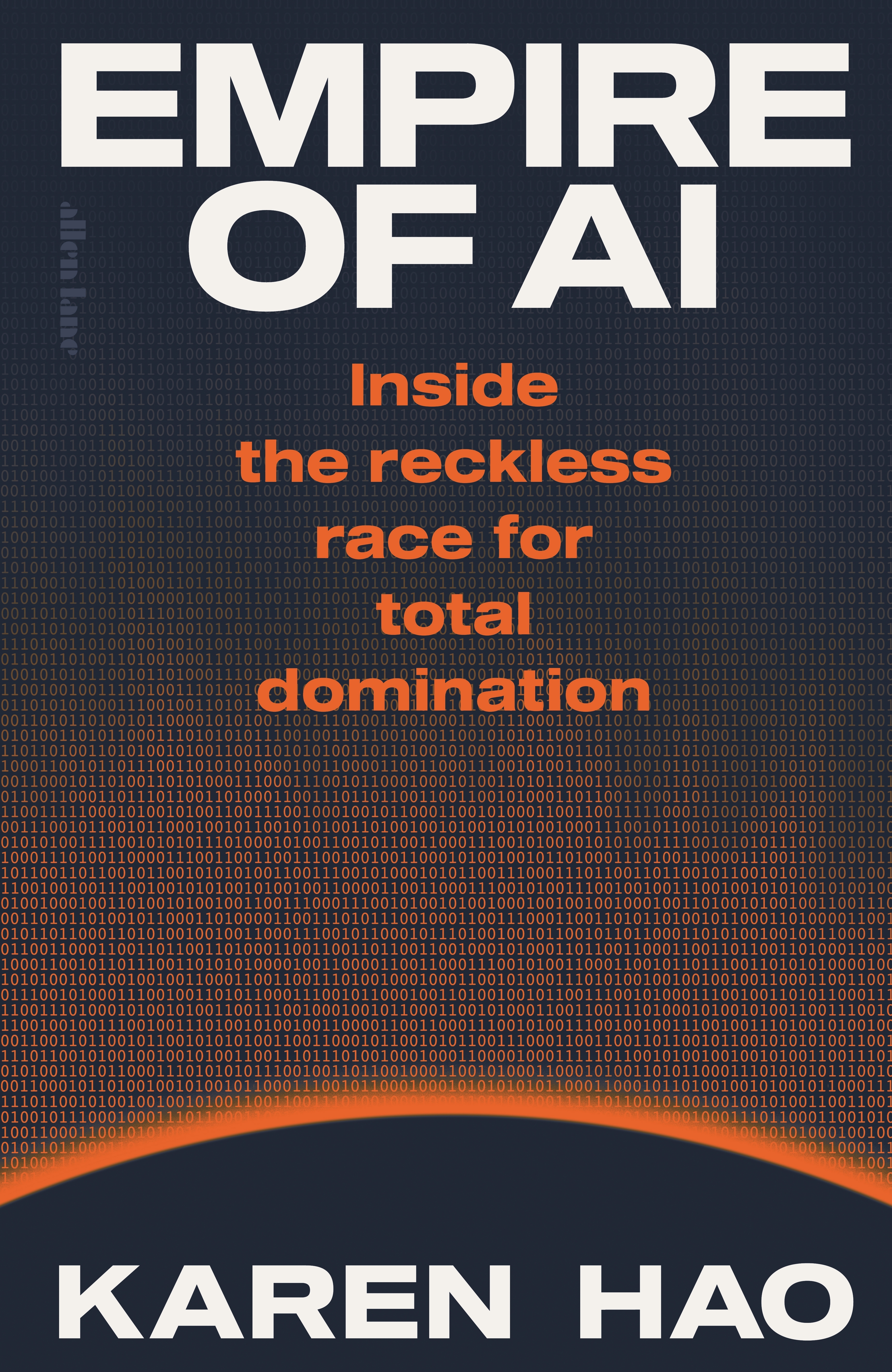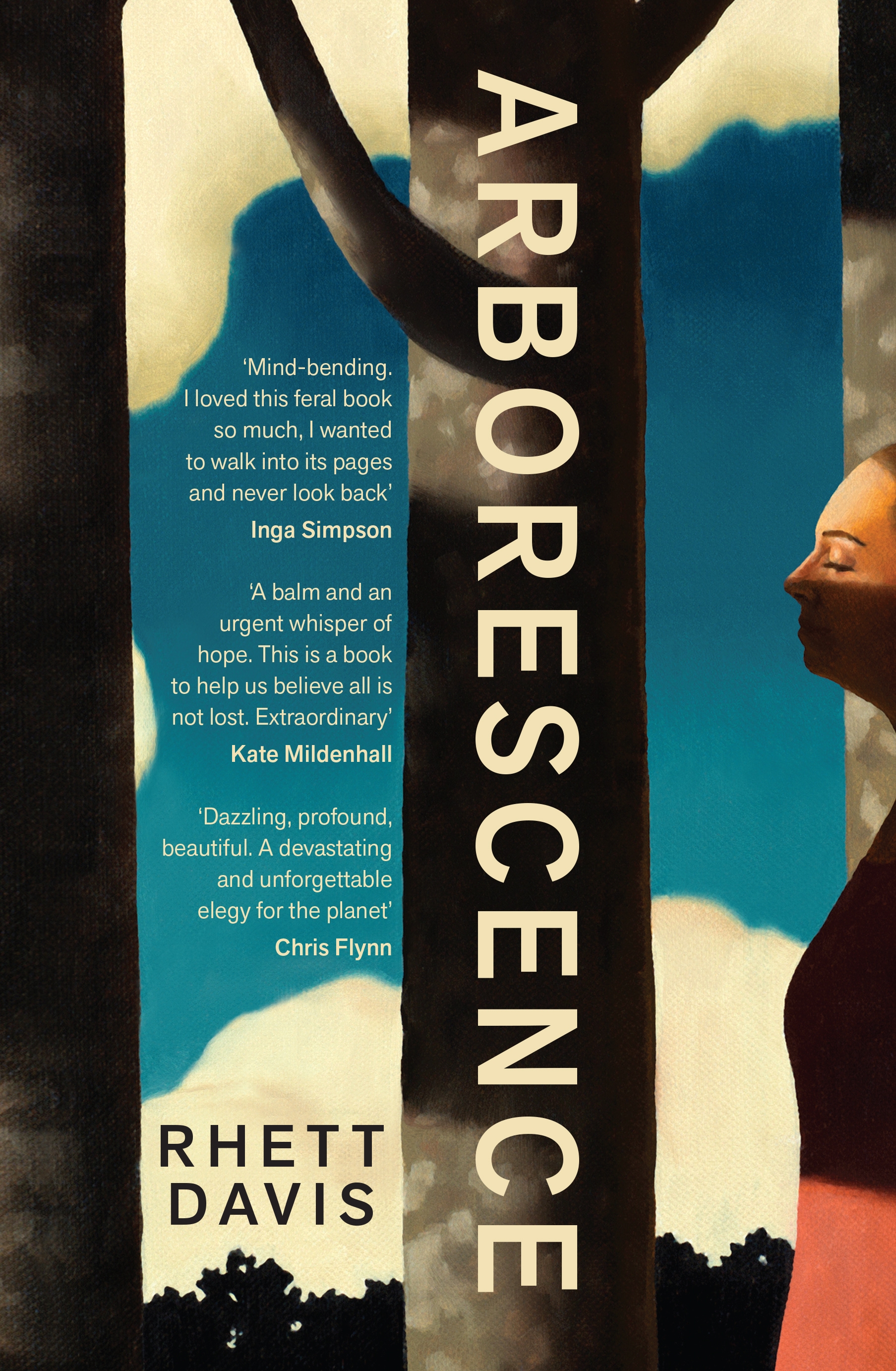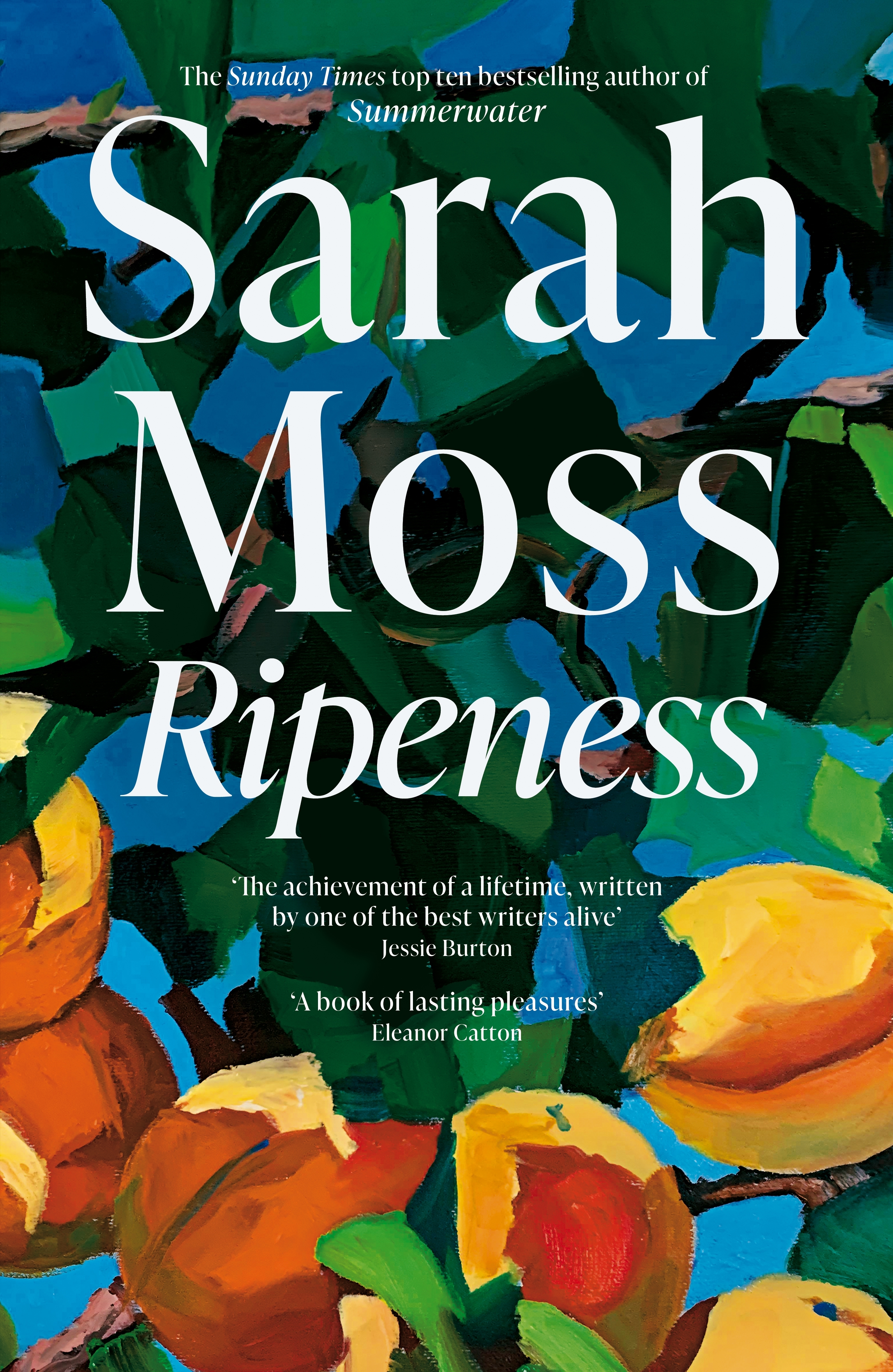An interview with Beejay Silcox
Beejay Silcox began writing for ABR in September 2016 after infiltrating a Trump rally in rural Virginia. In 2018, she was ABR’s Fortieth Birthday Fellow. Her literary criticism and cultural commentary appears in national and international review publications.
What makes a fine critic?
Doubt. We have enough opinions – a vast, suffocating excess of certainty. I think our finest critics don’t just understand the distinction between opinion and criticism, they explore it. They’re our much-needed cartographers of context. And if we’re lucky, they’re also wondersmiths, and their work crackles with awe for the whole wild, maddening, and sublimely human project of storytelling.
Continue reading for only $10 per month. Subscribe and gain full access to Australian Book Review. Already a subscriber? Sign in. If you need assistance, feel free to contact us.











Leave a comment
If you are an ABR subscriber, you will need to sign in to post a comment.
If you have forgotten your sign in details, or if you receive an error message when trying to submit your comment, please email your comment (and the name of the article to which it relates) to ABR Comments. We will review your comment and, subject to approval, we will post it under your name.
Please note that all comments must be approved by ABR and comply with our Terms & Conditions.